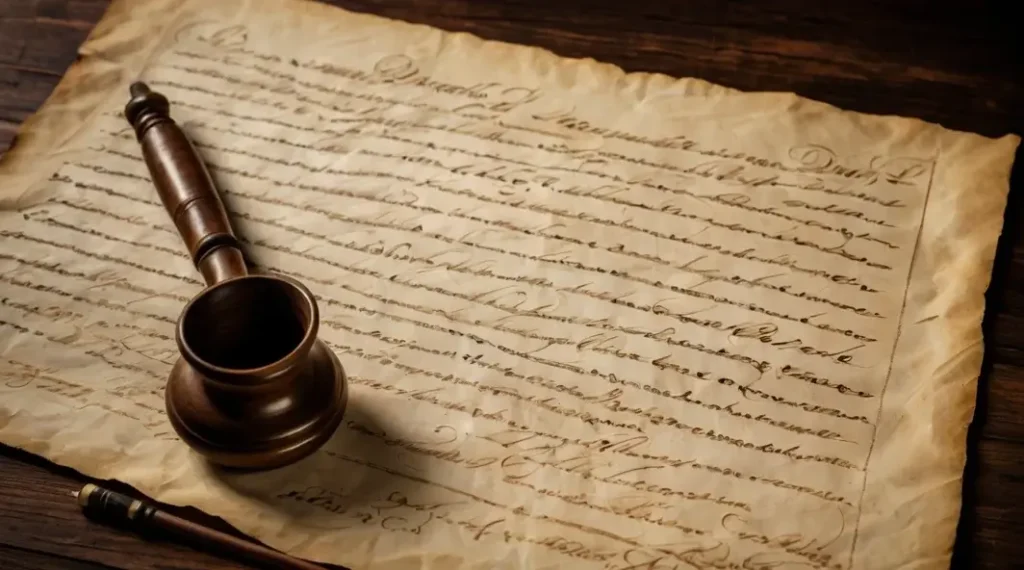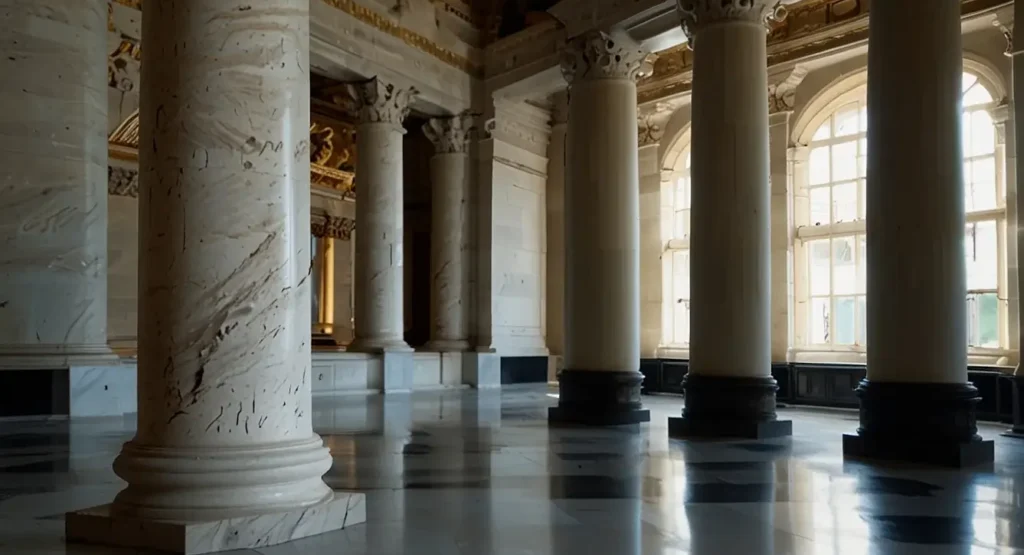Here are its key features;
Preamble
Organizations formed to advance literature, science, or the fine arts, to disseminate valuable knowledge, to promote political-education, or to serve philanthropic objectives. It is hereby legislated as follows:
1. Societies formed by memorandum of association and registration
Seven or more individuals may establish a society under this Act by signing a memorandum of association and submitting it to the Registrar of Joint-stock Companies, provided they are associated for literary, scientific, charitable, or any other purpose specified in section 20 of this Act.
2. Memorandum of Association
The memorandum of association shall include the following: the name of the society, the objectives of the society, and the names, addresses, and occupations of the governors, council, directors, committee, or other governing body as established by the society’s rules. Additionally, a certified copy of the society’s rules and regulations, verified by no fewer than three members of the governing body, shall be included.
3. Registration Fees
Upon submitting the memorandum and certified copy, the registrar will endorse the registration of the society under this Act. For each registration, the registrar will earn fifty rupees or a reduced charge as determined by the Provincial Government. Be responsible to the Province.

4. Annual list of managing body to be filed
Annually, on or before the fourteenth day subsequent to the date designated by the society’s regulations for the annual general meeting, or, in the absence of such provisions, in January, a list of the governors, council, directors, committee, or other governing body responsible for the society’s management must be submitted to the Registrar of Joint-stock Companies.
5. Property of society how vested
If a society registered under this Act possesses property, both movable and immovable, that is not held by trustees, it shall be considered to be owned in the current governing body of the society, and may be referred to as such in all civil and criminal actions.
6. Suits by and against societies
Every society registered under this Act may initiate or defend legal proceedings in the name of the president, chairman, main secretary, or trustees, as specified by the society’s rules and regulations, or in the name of an appointed representative of the governing body. Any anyone with a claim or demand against the society may initiate legal action against the president, chairman, principal secretary, or trustees.
7. Suits not to abate
No civil court litigation or proceeding shall terminate or be dismissed due to the death of the party initiating or opposing the action, or due to their cessation of the capacity in which they litigated, but the suit or proceedings shall proceed in the name of or against their successor.
8. Enforcement of judgment against society
A judgment rendered against the individual or officer representing the society shall not be executed against their personal property, whether movable or immovable, or their person, but rather against the property of the society.
9. Recovery of penalty accruing under bye-law
Whenever a by-law is legitimately enacted in accordance with the society’s rules and regulations (requiring a 3/5 majority), or during a general meeting of members convened for this purpose if the rules do not permit by-laws. Any monetary penalty for violating society rules or bylaws may be enforced in any court with jurisdiction over the defendant or society, as deemed appropriate by the governing body.
10. Members liable to be sued as strangers
Any member who is in arrears of a subscription he is supposed to pay, who has or detains society property in a way or for a period contrary to such regulations, or who injures or destroys society property may be sued.
Recovery by successful defendant of costs adjudged − The defendant may attempt to collect his fees if he wins a suit or other action brought against him by the society.
11. Members guilty of offences punishable as strangers
Any individual within the society who commits theft, embezzlement, willfully and maliciously damages or destroys society property, or forges any deed, bond, monetary security, receipt, or other financial instrument shall be prosecuted and penalized in the same manner as a non-member.

12. Societies enabled to alter, extend or abridge their purpose
The Act permits societies to expand, modify, or reduce their objectives or merge with another organization. The governing board may present the proposal to the society’s members through a written or printed report and may call a special meeting to address specific goals.
13. Provision for dissolution of societies and adjustment of their affairs
If three-fifths of a society’s members choose to dissolve it, the district’s major civil court will handle its issues.
Assent required − No society can be disbanded without three-fifths of the membership at a general meeting.
Government consent – Society cannot dissolve without provincial government approval.
14. Upon a dissolution no member to receive profit
Upon the dissolution of a society registered under this Act, any remaining property after the settlement of all debts and liabilities shall be allocated to another society as selected by a vote of at least three-fifths of the members present.
Clause not to apply to joint-stock companies − This section is inapplicable to Joint-stock Company societies formed by shareholders.
15. Member defined – Disqualified members
A member of a society is an individual who has paid a subscription or signed the membership register after being accepted in accordance with the established rules and regulations. In all actions under this Act, no individual shall be eligible to vote or be recognized as a member if their subscription is overdue by more than three months.
16. Governing body defined
The governing entity of the society shall consist of governors, council members, directors, committees, trustees, or other bodies.

16A. Supersession of governing body of a society
The Provincial Government may revoke a society’s memorandum of association, rules, or regulations if it concludes that the governing body is incapable of executing its responsibilities, managing its business, or satisfying its commitments. Typically, actions that contravene the public interest or the interests of social members.
The Provincial Government may declare the governing body superseded for up to one year in the Official Gazette. No declaration will be made without hearing. Upon notification under sub-section (1), the governing body will be replaced by a Provincial Government-formed body from society members during supersession. The governing body will be reconstituted after the supersession period ends.
19. Inspection of documents
An individual may examine all papers submitted to the Registrar under this Act for a fee of one rupee apiece. Any individual may obtain a registrar-certified copy or excerpt of any document or portion thereof for two rupees per hundred words. A certified copy should serve as prima facie proof of the facts in all legal actions.
20. To what societies Act applies
Charitable organizations that advance science, literature, or the fine arts, educate, disseminate valuable knowledge, establish or sustain libraries or reading rooms for members or the public, or inaugurate public museums and galleries featuring paintings, other artworks, natural history, mechanical and philosophical inventions, instruments, or designs.
21. Registration of Deeni Madaris
All Deeni Madaris are required to register for operation. Registration must occur within one year after formation. One Deeni Madrassa with many Composes requires a single registration. Notify the Registrar of its educational activities on a yearly basis.
- Each Deeni Madrassah is required to have its accounts audited by an auditor and provide a copy to the Registrar.
- Deeni Madrassah is prohibited from teaching or disseminating literature that advocates militancy, sectarianism, or religious animosity.
Explanation. In this section, “Deeni Madrassah” refers to a religious institution, such as a Jamia, Dar-ul-Uloom, school, college, university, or other designation, that offers boarding and lodging for religious instruction.






